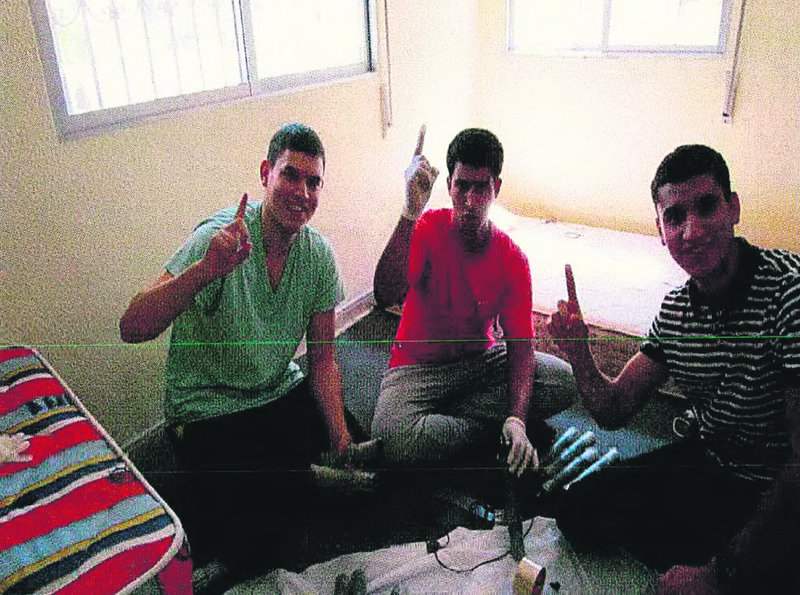The complicity of silence
Intelligence services did not receive any warning from Ripoll prior to attacks, but after slaughter many people provided details that manifested risks
Despite extensive counter-terrorism operations and intelligence, nobody was able to see that a group of young people, raised in Ripoll, comprised of brothers, with exceptional organisation and training, would cause a terrorist massacre. One year on from the Barcelona and Cambrils attacks, the key questions are: What and who failed? Could it have been foreseen? Have we learned the lesson for the future?
If we look at the town of Ripoll itself, the police information services and anti-terrorism spies did not receive a single message of warning, danger or evidence of radicalisation. Not from the social services, nor the town council, nor the local or regional police, nor from the Muslim community, the families of the terrorists, or local residents. Nobody warned of the suspicions that would later emerge. The local police admitted to the security board after the attacks that the group of terrorists had undergone a change in their normal behaviour; the relatives of the terrorists admit that they stopped drinking, doing social drugs and going out with girls and started going to the mosque. Younes Abouyaakoub’s father says he had heard the local Imam praising Jihad through the mosque speakers; the information services say it is unthinkable that any leader could do this today without being detected by the spy services. Residents of Ripoll now admit they had seen the abnormal buildup of butane canisters. And so on, but silence prevailed.
As for the police, experts now admit that the entire chain failed, but they also note that the mistakes that were made were hard to see before they happened.

